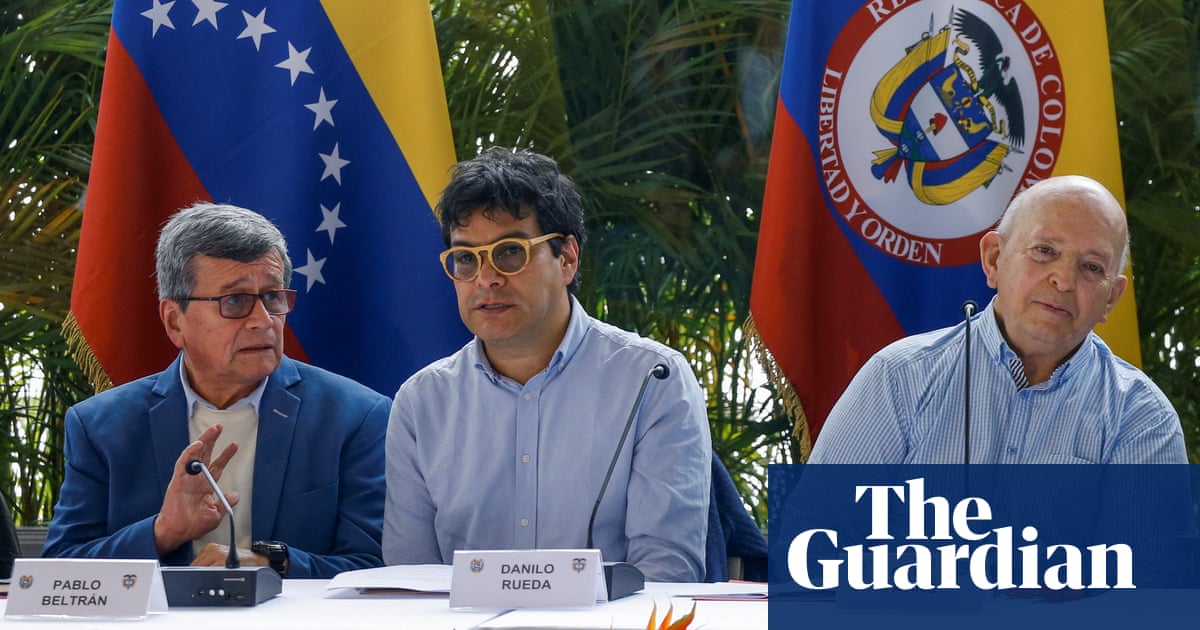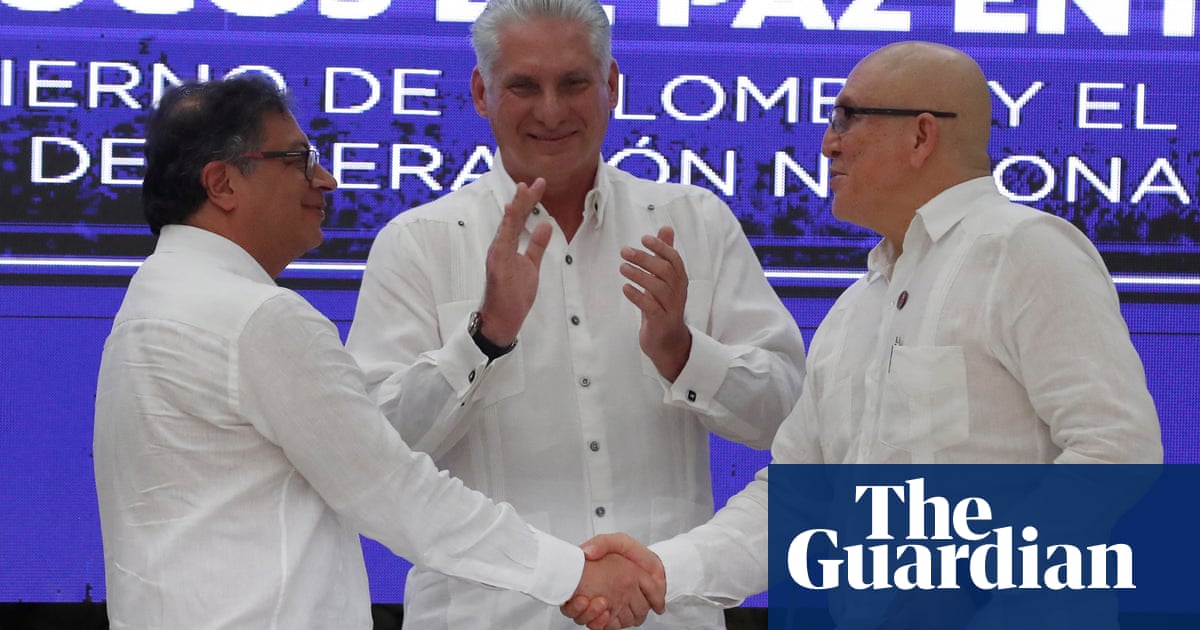
Colombia’s largest remaining guerrilla group has contradicted government claims that they had agreed a national ceasefire, in a setback to plans to bring peace to the Andean nation after decades of violence.
President Gustavo Petro had announced on New Year’s Eve that the country’s five largest armed groups had agreed to a six-month truce, but on Tuesday the National Liberation Army (ELN) rejected the claims, saying it had not been consulted on any such plan.
“The ELN Dialogue Delegation has not discussed any bilateral ceasefire with the Gustavo Petro government, therefore no such agreement exists,” the guerrillas said in a statement.
The ceasefire was supposed to usher in a peaceful beginning to 2023 and kickstart Petro’s ambitious promise to bring “total peace” to Colombia after more than six decades of brutal conflict and several false dawns.
An estimated 450,000 Colombians have been killed and 8 million displaced, making Colombia’s internal conflict one of the deadliest in modern history.
A 2016 peace agreement removed the country’s biggest rebel group, the Revolutionary Armed Forces of Colombia, from the many-sided conflict, but the country has failed to prevent smaller, less ideological organisations from filling the power vacuum that demobilisation left.
On taking office in August 2022 as the country’s first ever leftist president, Petro promised to finally deliver peace by bringing armed groups to the negotiating table.
The former rebel said the ceasefire was a “bold act” and would initially last six months, with national and international mechanisms monitoring the truce’s progress, but the pact was shot down before it could get going.
“This whole fiasco demonstrates how improvised many of the government’s announcements are, declaring things without thinking them through with all the relevant stakeholders,” says Sergio Guzmán, director of Colombia Risk Analysis.
Though Petro has made finally ending Colombia’s six-decade long conflict a central issue and began peace talks in Caracas with the ELN in November, security analysts are sceptical that he can deliver.
Ten thousand combatants are believed to be spread out across myriad competing armed groups who are warring for the control of lucrative drug trafficking routes and gold mining regions.
The ELN’s announcement also adds to evidence suggesting that the group will be tough to negotiate with.
Unlike most of the other purely criminal organisations operating in Colombia, the ELN has ideological origins. The insurgency was founded in 1964 by Catholic priests who sought to emancipate the country through Marxism.
The group is believed to have approximately 3,000-5,000 fighters but unlike most other armed factions it has a loose structure and flatter hierarchy, which makes the organisation harder to negotiate with.
Their rebuttal is likely a demand to be distinguished from the other, smaller criminal organisations and to receive special treatment, Guzmán says.
“This takes the air out of Petro’s sails and his very broad efforts to declare victory for total peace,” he says. “It’s going to be very challenging to deal with these guys.”











